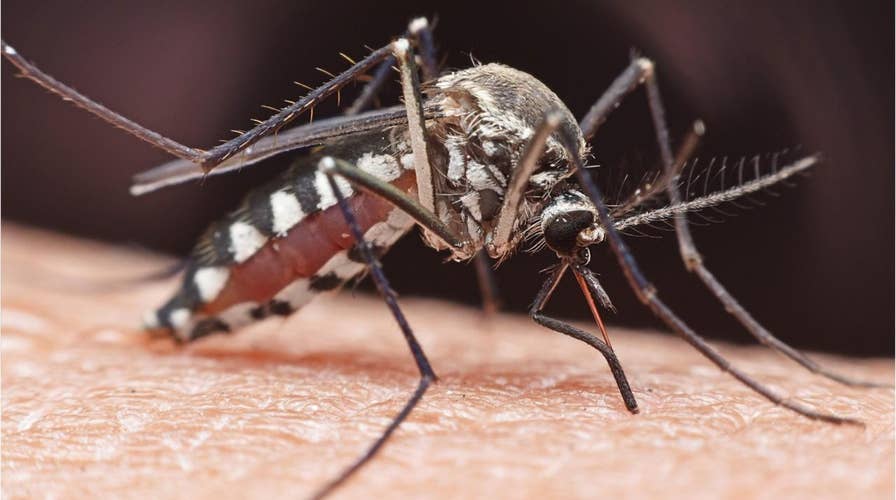How to keep mosquitoes away this summer
Hot and humid weather brings out those pesky mosquitoes. Here are a few simple tips to live a mosquito-free summer.
Environmental officials in Rhode Island confirmed that mosquitos collected earlier this month tested positive for Eastern Equine Encephalitis (EEE), a rare cause of brain infections that could cause long-term neurological problems or even death. The news release posted Thursday said the mosquitoes were collected in Central Falls, and that no human cases of EEE had been reported.
The Department of Environmental Management (DEM) and Rhode Island Department of Health (RIDOH) said the positive results, which marked the first of 2019 for the state, highlights the importance of taking precautions when dealing with mosquitos.
“People have the most important role to play in protecting themselves and their loved ones from being bitten by mosquitos,” the news release said. “Using repellent, wearing long sleeves and pants, and minimizing outdoor time from dusk to dawn – peak biting times for many mosquitoes – are all excellent precautions.”
TEEN'S ABDOMINAL MASS WAS MALFORMED TWIN IN EXTREMELY RARE OCCURRENCE
Officials said the presences of EEE in Massachusetts and Connecticut mosquitos indicated a “higher-than-average risk summer for mosquito-borne diseases.” In Massachusetts, officials reported a human case of EEE and enacted aerial spraying.
The patient in Massachusetts is reportedly in a coma. A Thursday Facebook post from his daughter indicated that his status remained unchanged.
Symptoms of EEE may appear within four to 10 days of being bitten by an infected mosquito. It can result in either a systemic or encephalitic illness, depending on the person’s age and other risk factors, according to the Centers for Disease Control and Prevention (CDC). Systemic illness may include chills, fever, malaise, arthralgia and myalgia, and last up to two weeks. Signs of encephalitic illness may include fever, headache, irritability, restlessness, drowsiness, anorexia, vomiting, diarrhea, cyanosis, convulsions and coma.
CLICK HERE TO GET THE FOX NEWS APP
According to the CDC, approximately a third of people with EEE die from the virus. Death usually occurs two to 10 days after onset of symptoms or can occur later. There is no vaccine or specific antiviral treatment to protect against the infection.








































